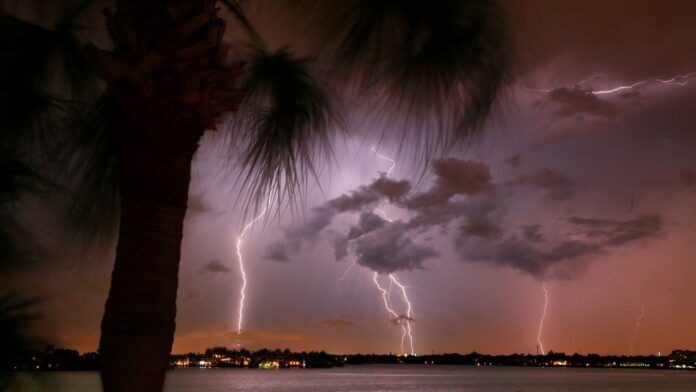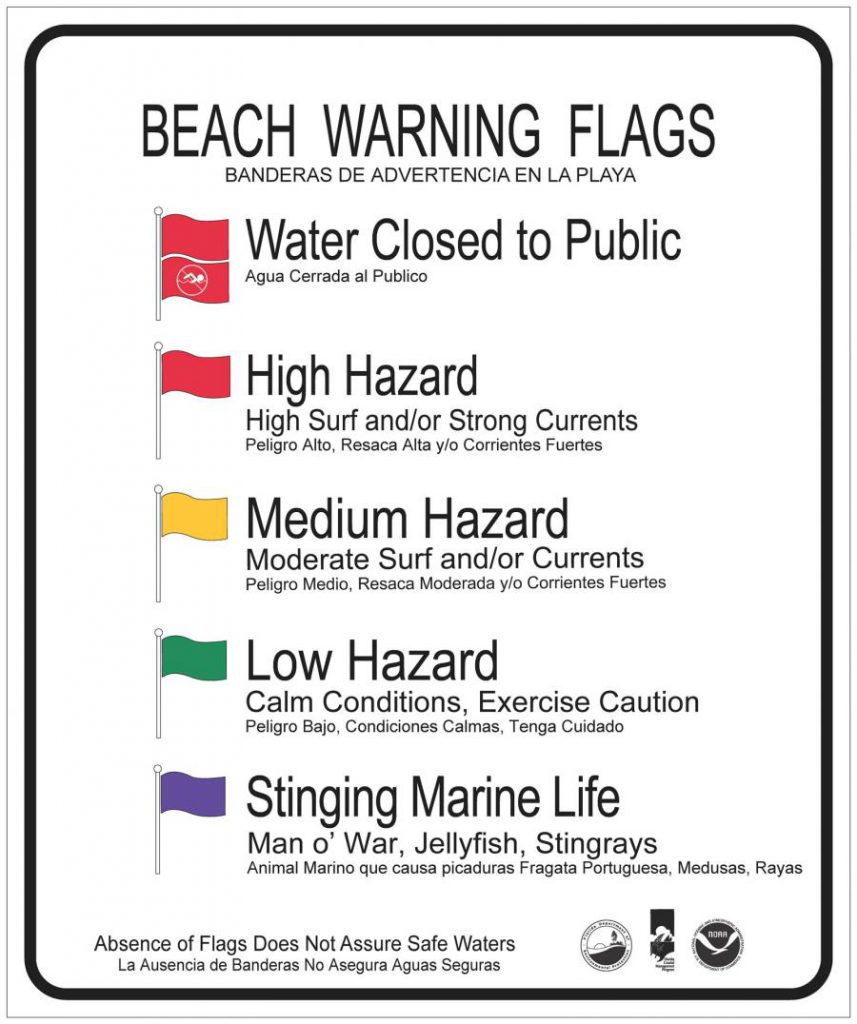To help Florida residents prepare for the worst, The Florida Division of Emergency Management has designated the week of February 7-11, 2022 as “Severe Weather Awareness Week.” With each day focusing on a specific weather event.
“This week is a good time to prepare for a severe weather and natural disasters,” says Dustyn Shroff, Vice President of GreatFlorida Insurance, Florida’s leading independent homeowners insurance agency. Floridians know how quickly the weather can change; it is always good to have a plan for the unfortunate occurrence of severe weather.
Lighting safety
According to the Florida Emergency Management website, “Lightning occurs with every thunderstorm and, on average, Florida sees around 70-100 days a year with at least one thunderstorm in the state.” Because of Florida’s vulnerability to thunderstorms and lightning, lightning is one of the deadliest weather hazards in the Sunshine State.
A simple reminder: If you can hear thunder, you are close enough to be struck by lightning. Lightning can strike 5-10 miles outside of a storm. If you’re outdoors and hear a rumble in the distance, it’s important to stop swimming or any other activities and head inside. Once indoors, you’ll want to get as far away from windows and electrical devices.
Marine hazards and rip currents
Don’t be deceived by the beautiful weather, marine hazards can occur on even the nicest of days. Try swimming at a lifeguard protected beach and before heading out on your boat, check the weather.
Pay attention to beach flag warnings:
- Double Red Flag: Water Closed to Public
- Red flag: “High Hazard”: High surf and/or strong currents
- Yellow “Medium Hazard” Flag: Moderate surf and/or currents
- Green “Low Hazard” Flag: Calm conditions, exercise caution
- Purple Flag: Dangerous marine life
Swimmers should stay at least 100 feet from piers and jetties to avoid rip currents.
Thunderstorms and tornadoes
It is good to know the sign of tornadoes:
- Strong, consistent rotation in a cloud base.
- Loud continuous roar or rumble that doesn’t fade quickly like thunder.
- Whirling dust or debris on the ground under a cloud base.
If you find yourself in a tornado warned area:
Seek shelter immediately by staying inside an enclosed, structured building away from windows. Go to the lowest level of the building and put as many walls in-between you and the outside world as possible. Never shelter in a car during a tornado. Always have a way to receive weather alerts to stay up-to-date on tornado watches and warnings.
Hurricanes and flooding
You cannot talk about severe weather without including the biggest threat to Florida, hurricanes. Residents should have a preparedness plan and be familiar with evacuation routes. Stock a disaster supply kit ahead of hurricane season.
Anyone living in the state should consider purchasing flood insurance. “Just one inch of floodwater can cause more than $25,000 in damages,” says Dustyn Shroff, Vice President of GreatFlorida Insurance, Florida’s leading independent homeowners insurance agency. Each year, review all insurance policies and ensure coverage is up to date.
Temperature extremes and wildfires
Heat and high humidity are hazards in Florida. It is always important to stay hydrated and wear lightweight and light-colored clothing during the summer months to avoid heat-related illnesses.
During the dry season fires can occur. When wildfires ignite, evacuate immediately if told to do so by officials. Use an N-95 mask to help prevent smoke inhalation, and stay up-to-date on active fires and fire weather conditions.
GreatFlorida Insurance is ready to help you when weather causes damage. We provide homeowners insurance from a variety of carriers, along with flood insurance and boat insurance.




